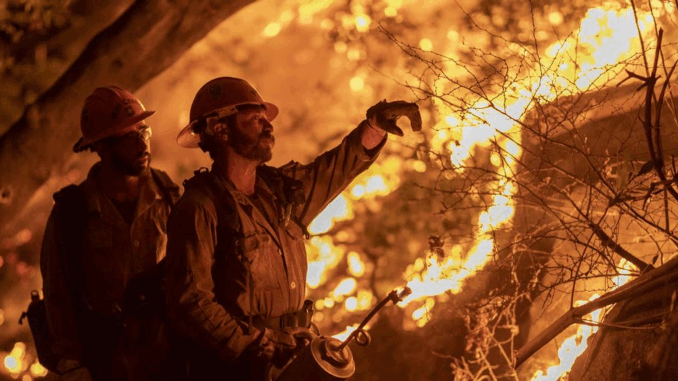
From Primetime to Timeline
Fire Country has not only taken over CBS’s primetime slot—it’s also thriving across platforms like Instagram, TikTok, Reddit, and X (formerly Twitter). In today’s age of digital fandom, the show’s cast and creators are finding themselves in the midst of a new kind of fire: online attention that’s both passionate and demanding.
While the flames of Fire Country burn on-screen, off-screen the temperature is rising too. Fans aren’t just viewers anymore—they’re influencers, critics, and emotional stakeholders in every plot twist. And the cast? They’re navigating fame in a world where a single tweet can rewrite perception.
Max Thieriot: Between Gratitude and Guardedness
As series star and co-creator, Max Thieriot receives an overwhelming share of fan attention. From DMs filled with love to threads dissecting his character’s emotional expressions frame by frame, Thieriot has learned to walk the line between accessibility and privacy.
In a recent interview, he stated:
“I love that people care so deeply about Bode. But sometimes they forget I’m not him. And I need space to be just… me.”
His Instagram presence remains professional—sharing behind-the-scenes content, charity promotions, and the occasional family photo. But unlike some TV leads, he avoids Twitter altogether, citing its toxicity.
Jules Latimer and the Rise of Eve’s Queer Fandom

Few characters have sparked as much organic fan devotion as Eve, portrayed by Jules Latimer. On TikTok, montages of Eve’s stoic leadership mixed with emotional vulnerability have generated millions of views, many under queer-centric hashtags like #ButchRepresentation and #FireCountryEve.
Latimer has embraced the role as an LGBTQ+ icon, even hosting a surprise virtual Q&A for Pride Month. But she’s also been candid about the pressure.
“It’s a gift, but it’s heavy,” she said. “People see themselves in Eve, and I don’t want to let them down. But I also want her to stay human, messy, evolving.”
Her thoughtful, measured responses to fan theories—often posted as Instagram stories—have won her both respect and empathy.
Diane Farr and the Legacy of Sharon Leone
As the show’s emotional bedrock, Diane Farr has a deep connection with Fire Country‘s older demographic. Her Facebook posts often go viral among fans who relate to Sharon’s strength, aging, and loss.
Farr is one of the few in the cast who actively engages in long-form fan dialogue, replying to heartfelt messages and even calling out problematic fan behavior with grace.
In one memorable exchange, a fan criticized Sharon’s decision to remain at work after Vince’s death. Farr responded with a multi-paragraph reply that included:
“Grief doesn’t have a single shape. Some women collapse. Some get up and lead. Sharon chooses survival, not denial.”
Her authenticity has made her a fan favorite across generations.
When Fan Love Turns to Fan Ownership
But it’s not always love. The rise of parasocial fandom has led to some challenges:
-
Pressure on showrunners to pair certain characters based on “shipping” trends.
-
Accusations of “queerbaiting” or “emotional manipulation” when storylines don’t go as expected.
-
Harassment campaigns when characters are written off or take darker turns.
A Season 3 episode in which Bode relapsed sparked a wave of online backlash, with fans claiming the writers were “destroying” the character. In response, showrunner Tia Napolitano posted:
“Healing is not a straight line. We told the truth of trauma. It hurt, because it should.”
Turning the Heat Into Growth
Despite the challenges, the Fire Country cast is learning how to harness digital fire for good. The show’s growing social media presence has:
-
Increased visibility for wildfire charities and rehabilitation programs.
-
Brought attention to real-life prison fire camp reform.
-
Created a tight-knit, responsive fan community unlike any other on network TV.
In the end, social media may be the new frontier for drama—not just in the plot, but in the real lives of those who tell the story.
